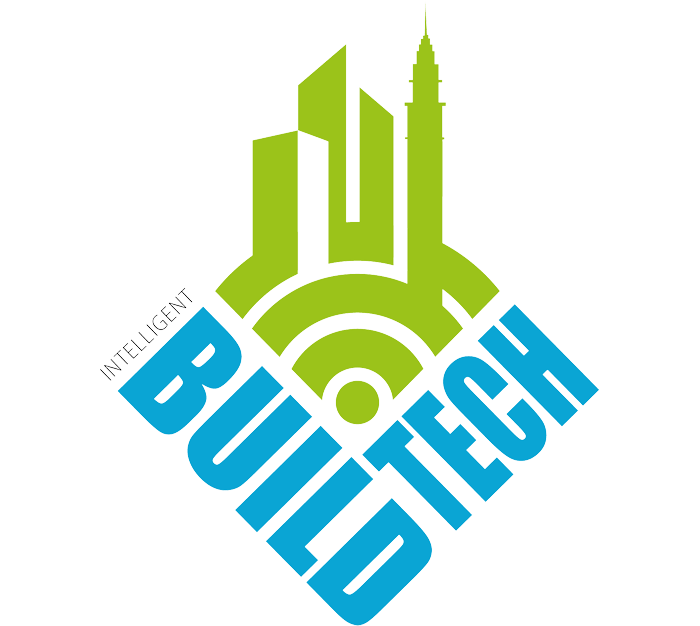PlanRadar’s latest report indicates that digitalisation in the construction sector has hit a roadblock.
The survey’s most striking finding is that 77% of participants are finding it difficult to adopt new technologies. Despite the UK being relatively proficient, only about 28% of its companies consider technology implementation to be straightforward.
The study, which surveyed over 1,300 construction professionals from 15 countries including the UK, Australia, Austria, Brazil, Croatia, Czech Republic, France, Germany, Hungary, Italy, Poland, Romania, Serbia, Slovakia and Spain, assessed the current digitalisation status and future growth prospects in the construction and real estate sector over the coming three years.
Given the challenges in implementation, it’s not surprising that a significant portion of firms have not invested in cutting-edge technologies like 3D printing (80%), robotics (82%), or Artificial Intelligence (74%). The technologies receiving the most investment were energy efficiency and renewable energy (26%), BIM (19%) and construction management software and platforms (19%).
The data shows that the construction industry still has a considerable journey towards full digitalisation. Nearly two-thirds of professionals reported no recent increase in digital role hires within their companies.
The survey highlighted construction and real estate management software as the primary investment area, with 77% of respondents expecting increased spending in the next three years. This aligns with the 95% who reported cost savings from using proptech, 35% of whom estimated savings between 10% and 30%.
Over two-thirds anticipate growth in digital solutions that support environmental initiatives, focusing on energy efficiency and renewable energy. Building Information Modelling (BIM) methodology also emerged as a key investment area, as anticipated by two-thirds of the respondents.
Interestingly, UK firms were among the least likely to expect increased technology investment, as indicated by the survey’s technology categories.
Most countries (eight out of 15) identified traditional stakeholder views as the primary obstacle to introducing new technology. Perceived low return on investment was another significant concern, particularly in the UK (28%), France (28%), Austria and Germany (both just under 25%). The cost of implementation was the main barrier in the UK (26%).
More than half of the respondents anticipate at least 11% more investment in digitalisation. However, only 46% of UK businesses expect this level of investment. By contrast, nearly a quarter of participants foresee an investment increase of over 31%, led by Australia (39%), Hungary (27%) and Romania (30%).
Robert Norton, UK Director at PlanRadar, said: “These results show a construction sector in need of support reaching the next step in its Digital Transformation. There’s no doubt that if the right solution is implemented, boosting investment in emerging and established technologies will enhance project efficiency and performance. An industry-wide collaborative approach between vendors and contractors will be central to future prospects to bridge any communication divides and showcase the true value of leading solutions from supporting net-zero ambitions to seismic cost savings.”




